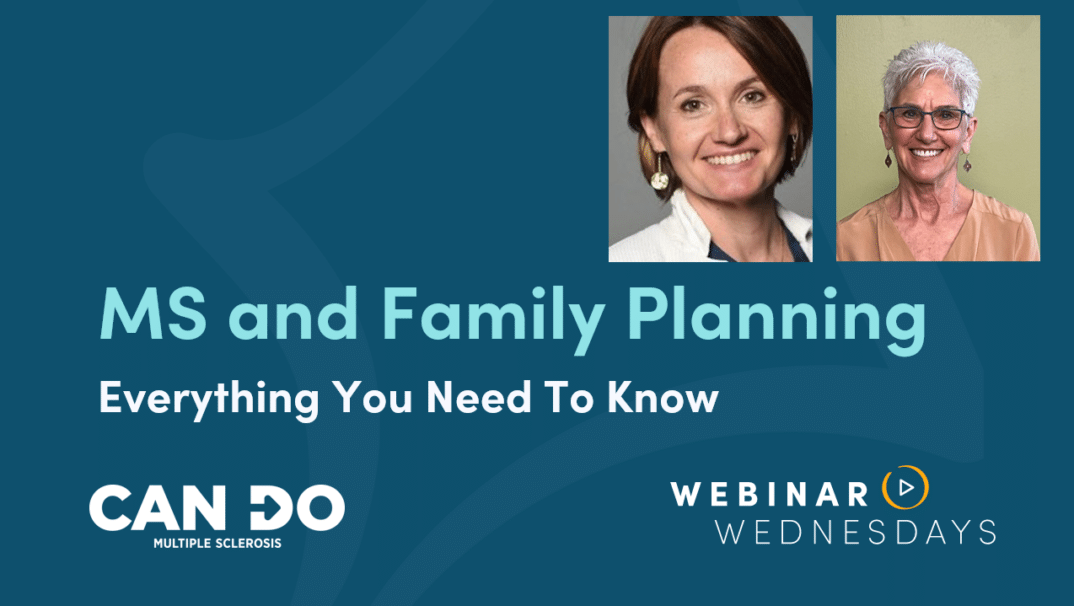Does MS Affect Fertility?
No, multiple sclerosis has no direct effect on fertility. MS does not affect the production of eggs or sperm or the ability for healthy embryos to form. However, in men, MS may affect erectile function or ejaculation, which can interfere with conception. This can be managed through consultation and treatment from a urologist.








